In alphabetical order
Our Faculty
Bhaskar Pant is the executive director of MIT Professional education, the branch of MIT that provides technology professionals access to MIT knowledge. Under his direction, the MIT Professional Education offering has grown considerably, as have corporate relationships and its global reach, as professionals from more than 120 different countries participate in the classroom, internationals and, recently, also in those launched in online and mixed formats. The courses, which cover such cutting-edge areas as big data, artificial intelligence, and the Internet of Things (IoT), combined with other professional development courses in the fields of innovation and entrepreneurship, have benefited thousands of professionals worldwide.
Mr. Pant was part of the “The Future of Education at MIT” team, created by the MIT President, and contributed specifically to the work of the subcommittee that was responsible for “opening the doors of MIT to the world”. Building on Mr. Pant’s initiative, whose objective was to expand globally, MIT Professional Education offers short programs in an increasing number of regions in Asia, Latin America, the Middle East, and Europe. Prior to joining MIT, Mr. Pant held important leadership positions in education and corporate companies around the world.
PROGRAMS: Cultural Awareness
“At MIT Professional Education we strive to make our knowledge available to as many people as possible, from anywhere in the world, with different experiences”
Mr. Bhaskar Pant
EXECUTIVE DIRECTOR OF MIT PROFESSIONAL EDUCATION
Dr. Brian W. Anthony
DIRECTOR OF THE MIT MASTER OF ENGINEERING IN ADVANCED MANUFACTURING AND DESIGN. ASSOCIATE DIRECTOR, MIT.NANO
Dr. Anthony is director of the MIT Master of Engineering in Manufacturing Program, co-director of the Medical Electronic Device Realization Center and deputy director of the MIT Skoltech Initiative. He possesses more than 20 years of product realization experience and has won an Emmy from the Academy of Television Arts and Sciences for his innovations in broadcast technology. Dr. Anthony designs instruments and techniques to monitor and control physical systems. His work involves the analysis and the design of systems. He also uses mechanical, electrical and optical engineering as well as computer science and optimization to develop solutions.
Dr. Anthony´s research revolves around the design of instruments and techniques for measuring and controlling complex physical systems and includes the development of instruments and measurement solutions for manufacturing, medical diagnostics, and imaging diagnostics. In addition to his academic work, he has extensive experience in market-driven technological innovation, product development and entrepreneurship, and marketing at the point where information technology and advanced manufacturing come into contact. As a teacher, his main interests are the modeling of large-scale systems in a variety of areas involving decision making and the development of optimization algorithms and software useful for analyzing and designing these types of systems. He is an expert in market-driven technological innovations, as well as in entrepreneurship.
PROGRAMS: Industrial Internet of Things · Smart Manufacturing
“Using technology to streamline the manufacturing process allows us to offer better products on the market, faster and more economically”
Dr. Bruce Cameron is director of the System Architecture Lab at MIT and co-founder of the consulting firm Technology Strategy Partners. His areas of research include technology strategy, system architecture and product platform management. Previously, Dr. Cameron led the “MIT Commonality”, a research study of 30 companies on platform performance, which concluded that companies face systemic pressure on homogeneity, in part, as a result of problems in determining costs. Dr. Cameron has supervised more than 50 graduate students and conducted research projects for Amazon, BP, Sikorsky, Nokia, Caterpillar, AMGEN, Verizon and NASA.
Dr. Cameron teaches the subject of System Architecture for the “System Design and Management”, where he has trained over 500 students. Dr. Cameron´s teaching at Sloan Executive Education has been rated as the highest level of Executive Education program at MIT for several years. In addition, he is the Faculty Director of MIT´s online certificate “Architecture and System Engineering”, which has trained more than 5,300 participants.
PROGRAMS: Designing Product Families · Digital Platforms
Dr. Bruce Cameron
Director, System Architecture Group at MIT
Prof. John E. Fernández
PROFESSOR OF BUILDING TECHNOLOGY PROGRAM IN THE DEPARTMENT OF ARCHITECTURE AND DIRECTOR OF MIT ENVIRONMENTAL SOLUTIONS INITIATIVE
Professor Fernández is first and foremost a practicing architect who has designed more than 2.5 million square feet of new construction in major cities around the world including New York City, Tokyo, and Shanghai.
His work in sustainability began with research regarding materials for high performance buildings, low energy residence, and urbanization.
He founded the MIT Urban Metabolism Group in order to focus his research on the resource intensity of cities as well as on design and technology pathways for future urbanization, taking part in projects across four continents.
Being an entrepreneur, John E Fernández is also a member of more than 15 organizations, groups, or task forces, the most prestigious of which being his role on the Board of Directors of the Building Envelope Technology and Environmental Council of the National Institute of Building Science; New Ecology, Inc; and the Center for Sustainable Energy of the Fraunhofer Institute.
He is also a proud author of two books and numerous articles in scientific and design journals, as well as a speaker for conferences and symposia around the world.
PROGRAMS: Sustainability
Jeremy Gregory is the Executive Director of the MIT Climate and Sustainability Consortium. He studies the economic and environmental implications of engineering and system design decisions, particularly in materials production and recovery systems.
Research topics include product and firm environmental foot-printing, manufacturing and life-cycle cost analysis, and characterization of sustainable material systems. He has applied these methods, often with industry partners, to a range of products and industries, including pavements, buildings, automobiles, electronics, consumer goods, and waste treatment and recovery. Gregory earned a BS in mechanical engineering from Montana State University, and an MS and PhD in mechanical engineering from MIT.
PROGRAM: Life Cycle Assessment
“We have people who have specialized in materials science, engineering and in economics and environment. My specific background is about trying to tie those things together, particularly engineering, economics and environmental issues.”
Dr. Jeremy Gregory
Executive Director, MIT Climate and Sustainability Consortium
Prof. Svafa Gronfeldt
Founding member of MIT’s innovation accelerator DesignX
Professor Svafa Grönfeldt is a founding member of MIT’s innovation accelerator MITDesignX and a co-founder of the MET fund, a Cambridge-based seed investment fund. Since 2008, she has also been a member of the Board of Directors at Össur. Previously, she held the position of Executive Vice President of Organizational Development at the life science company Alvogen and various roles at Actavis Group, one of the world’s largest pharmaceutical companies, where she served as Deputy to the CEO of the company.
In 2006, she published the book Service Leadership—The Quest for Competitive Advantage, along with Judith Strother. She received her Ph.D. in Industrial Relations from the London School of Economics and Political Science, where her major focus was on service orientation and management. She also holds an MSc in Technical and Professional Communication from Florida Institute of Technology.
- Prof. Gronfeldt received her Ph.D. in Industrial Relations from LSE.
- She has been a member of the Board of Directors at Össur since 2008.
- She published the book Service Leadership—The Quest for Competitive Advantage, along with Judith Strother in 2006.
PROGRAMS: Designing High-Impact Solutions with MITdesignX
“Changes in our daily lives and corporate environments force organizations to reexamine their strategy toward their markets, their employees, and their customers”
David Niño is a Senior Lecturer in MIT’s Daniel J. Riccio Graduate Program in Engineering Leadership. He had served in this role since 2015 when he launched this program to provide academic leadership education for MIT graduate students in engineering and other disciplines. Under his leadership, the program has grown from one graduate class to a variety of highly-rated academic courses and workshops that educate over 200 graduate students annually. David received a School of Engineering “Infinite Mile Award” for his work in establishing this program, which received a $10 million gift of support in 2022.
David consults with technology executives on topics related to developing leadership among engineers, researchers, and other technical experts. He has published on organizational culture, ethics, engineering leadership, and developing management and leadership skills. David holds a Ph.D. in Management from the University of Texas at Austin, where he earned his B.A., B.B.A., and M.A. degrees. He lives in Weston, Massachusetts, with his wife and three children.
PROGRAMS: Leadership in Innovation
“Leaders learn to find important problems but define them in such a way that allows a team to come together to solve them”
Dr. David Niño
SENIOR LECTURER IN THE DANIEL J. RICCIO GRADUATE ENGINEERING LEADERSHIP PROGRAM AT MIT
Prof. Elsa Olivetti
ASSOCIATE DEAN OF ENGINEERING, ASSOCIATE PROFESSOR OF THE DEPARTMENT OF MATERIALS SCIENCE AND ENGINEERING AT MIT, AND CO-DIRECTOR OF MIT CLIMATE AND SUSTAINABILITY CONSORTIUM
Elsa Olivetti is the associate director of the MIT Climate and Sustainability Consortium and the Esther and Harold E. Edgerton Associate Professor in MIT’s Department of Materials Science and Engineering at MIT. Her research centers on improving the environmental and economic sustainability of materials in the context of growing global demand.
Her interests span three levels of materials production: operational-level, industrial network-level and market-level strategies. She is focused on two areas with the potential for significant environmental benefits: improving the sustainability of materials through increased use of recycled and renewable materials, recycling-friendly material design, and intelligent waste disposition; and understanding the implications of substitution, dematerialization, and waste mining on materials markets.
Olivetti earned a BS in engineering science from the University of Virginia, and a Ph.D. in materials science and engineering from MIT.
PROGRAMS: Life Cycle Assessment and Circular Economy
“An important way to improve the environmental performance of industry is to quantify, treat, and reduce industrial byproducts. This objective could be achieved through industrial symbiosis or byproduct synergy, terms used for beneficial reuse of materials or energy streams from one facility by another.”
Luis Perez-Breva, Ph.D., is an expert in technological innovation, an entrepreneur, and the author of Innovating: A Doer’s Manifesto for Starting from a Hunch, Prototyping Problems, Scaling Up, and Learning to be Productively Wrong (MIT Press, 2017).
Currently, Perez-Breva directs the MIT Innovation Teams (iTeams) Program, MIT’s flagship, hands-on innovation program operated jointly by the Institute’s School of Engineering and the Sloan School of Management. During his tenure, iTeams has shepherded more than 170 MIT technologies to discover a path to impact. Perez-Breva co-led the Innovation Pillar of the MIT Skoltech Initiative and collaborates with MIT’s innovation initiatives in Portugal, Singapore, and Abu Dhabi. He has taught innovating as a skill worldwide to professionals and students from all disciplines and has gotten them started on innovating from any basis: hunches, real-world problems, engineering problem sets, and research breakthroughs.
Perez-Breva is a serial innovator with achievements in emergency cell phone location technologies currently deployed worldwide and a fully automated portfolio allocation and trading system. As an innovator and entrepreneur, he has also worked on genetics and healthcare intelligence, and has developed several non-profit organizations, including building a new university centered around innovation. He has numerous stories to share from his trial-anderror adventures to conceive artificial intelligence technologies that tackle real-world problems and drive them to market.
Perez-Breva holds degrees in chemical engineering, physics, business, and artificial intelligence from universities in Spain (Institut Quimic de Sarrià), France (Ecole Normale Supérieure), and the United States (Massachusetts Institute of Technology). In 2011, his career achievements were recognized with the Order of Civil Merit of the Kingdom of Spain. In 2011, the Government of Spain recognized his career achievements with the Order of Civil Merit of the Kingdom of Spain.
PROGRAMS: Innovation and Technology
“If you are hoping for a straight path to impact, innovating may appear daunting at first. You need a lot of information to trace changes at the outcome all the way back to the beginnings”
Dr. Luis Perez-Breva
MIT Faculty Director of Innovation Teams Enterprise (MIT Engineering and MIT Sloan) Innovator, Educator, Author, AI Problem Solver
Gilad Rosenzweig
EXECUTIVE DIRECTOR OF MITDESIGNX, MIT SA+P
Gilad Rosenzweig is an architect and urban planner with vast experience in community development, urban tech, and design. As Executive Director of MITDesignX, the venture accelerator of MIT’s School of Architecture and Planning, he is laying the groundwork for new technology to improve the comfort and efficiency of buildings, places, and cities. Before MITDesignX, Gilad created Smarter in the City, an accelerator for high-tech startups in underrepresented communities. He is a graduate of MIT’s Department of Urban Studies and Planning and the Bartlett School of Architecture in London.
- Rosenzweig is a graduate of MIT’s Department of Urban Studies and Planning.
- He has vast experience in community development, urban tech, and design.
- He created Smarter in the City, an accelerator for high-tech startups in underrepresented communities.
PROGRAMS: Designing High-Impact Solutions with MITdesignX
“Your expertise in understanding space, emotion, and the environment can be used to create innovative solutions”
Dr. Sanchez is the architect of the global network “The Internet of Things” and data analysis platforms for SAP, Ford, Johnson & Johnson, Accenture, Shell, Exxon Mobil and Altria. In cyber security, he has developed cyber-attack impact analyses for the U.S. Department of Defense and a password firewall for the IARPA.
Dr. Abel Sanchez holds a PhD from the Massachusetts Institute of Technology (MIT) and teaches MIT courses in cyber security, engineering, blockchain and data science. He has been involved in developing educational software for Microsoft and establishing the Accenture Technology Academy. He has produced over 150 educational videos, has 10 years of experience with learning management systems and has made deployments in the Americas, Asia and Europe.
PROGRAMS: Digital Transformation · Cloud & DevOps · Blockchain
“Five technologies are redefining both the way we make our products and the types of opportunities that exist in the marketplace”
Dr. Abel Sanchez
EXECUTIVE DIRECTOR OF THE MIT GEOSPATIAL DATA CENTER
Prof. Edward Schiappa
John E. Burchard Professor of Humanities, MIT
Edward Schiappa is professor and former head of comparative media studies/writing and is MIT’s John E. Burchard Professor of the Humanities. He conducts research in argumentation, persuasion, media influence, and contemporary rhetorical theory. He has published 10 books, and his research has appeared in such journals as Philosophy & Rhetoric, Argumentation, Communication Monographs, and Communication Theory.
He has served as editor of Argumentation and Advocacy and received the Douglas W. Ehninger Distinguished Rhetorical Scholar Award in 2000, as well as the Rhetorical and Communication Theory Distinguished Scholar Award in 2006. He was named a National Communication Association Distinguished Scholar in 2009 and in 2016 won the NCA’s Charles H. Woolbert Award for research that has stood the test of time and stimulated conceptualizations of communication phenomena.
PROGRAMS: Persuasive Communication: Critical Thinking to Enhance your Message
“Communication is only meaningful within the mind of an audience member. We need to think about how they are decoding our message“
Devavrat Shah is an Andrew (1956) and Erna Viterbi Professor of the Department of Electrical Engineering and Computer Science at MIT and the faculty director of the MicroMasters in Statistics and Data Science program with the MIT Institute for Data, Systems, and Society. He also is a member of the Laboratory for Information and Decision Systems (LIDS) and the Operations Research Center (ORC) at MIT. He currently directs the Deshpande Center for Technological Innovation at MIT.
His current research interest is in developing large-scale machine learning algorithms for unstructured data, with particular interest in social data. He has made contributions to the development of “gossip” protocols and “message-passing” algorithms for statistical inference that have been pillars of modern distributed data processing systems.
He cofounded Celect, Inc., which has been part of Nike since 2019. In 2019, he cofounded Ikigai Labs with the mission of building self-driving organizations by empowering data business operators to make data-driven decisions with the ease of spreadsheets.
His work has been covered in popular press including The New York Times, Forbes, and Wired, and he has written several award-winning papers in machine learning, operations research, and computer science. He has also been awarded the 2010 Erlang prize from the INFORMS Applied Probability Society.
PROGRAMS: Machine Learning
“When it comes to moving from data to decisions in our companies, Machine Learning can help us”
Prof. Devavrat Shah
PROFESSOR IN THE DEPARTMENT OF ELECTRICAL ENGINEERING AND COMPUTER SCIENCE AT MIT
Dr. Afreen Siddiqi
RESEARCH SCIENTIST, MIT AND ADJUNCT LECTURER IN PUBLIC POLICY, HARVARD KENNEDY SCHOOL
Afreen Siddiqi is a research scientist at MIT and an adjunct lecturer of Public Policy at Harvard Kennedy School. Her research develops systems-theoretic methods, with data-driven analysis, for novel insights to inform design and policy for engineered systems. The methods combine simulation, optimization, and decision analysis. Her recent work has focused on new hydropower, desalination, waste-to-energy, and agriculture systems, and on understanding the systemic interconnections between water, energy, and food security.
Siddiqi earned her S.B. in mechanical engineering, S.M. in aeronautics and astronautics, and Ph.D. in aerospace systems, all from MIT.
She received the Rene H. Miller Prize in Systems Engineering and was a recipient of the Amelia Earhart and Richard D. Dupont fellowships.
Siddiqi has co-authored one book and over 90 publications in some of the world’s foremost technical and scientific journals.
PROGRAMS: Sustainable Infrastructure Systems: Planning and Operations
“As we optimize resource extraction and energy production and use, we need to shift our focus to understanding the interconnectedness of our finite resources.”
Timothy Simpson is a professor of mechanical and industrial engineering at Pennsylvania State University. He holds senior positions in technical design and in the Faculty of Information Science and Technology. His research areas include product family design and platform-based product development, multidisciplinary design optimization, commercial space exploration, and additive manufacturing. He has published over 250 articles in peer-reviewed journals and conference proceedings. He is the senior editor of two books, ‘Product Platform and Product Family Design: Methods & Applications’ (2005) and ‘Advances in Product Family and Product Platform Design: Methods & Applications’ (2013). His research has been supported by federal and state agencies such as NSF, ONR, DARPA, EDA and DCED, as well as numerous companies ranging from startups to multinationals.
He has worked with more than 30 different companies to apply his methods of product line improvement and product development practices. He helped establish and manage the Product Platform group on LinkedIn.
PROGRAMS: Designing Product Families
Prof. Timothy Simpson
PROFESSOR OF MECHANICAL AND INDUSTRIAL ENGINEERING, PENNSYLVANIA STATE UNIVERSITY
Prof. Jessika Trancik
Professor, Institute for Data, Systems, and Society, MIT
Jessika Trancik is an associate professor in the Institute for Data, Systems,and Society at the Massachusetts Institute of Technology. Her research examines the impacts of technologies and the reasons behind technological change. She has developed theory and predictive models to understand why some technologies improve faster than others,and what technology features enable rapid innovation. Trancik has developed models for forecasting technological change, which inform engineering design, public policy, and investment portfolios. Several of her theories and models have been applied to new and developing energy technologies, such as solar energy and batteries, and to electricity and transportation systems. Her models have also been used to inform government innovation policy, and applied in diverse industries, including finance, healthcare, manufacturing, software, and consumer products. Her work has been published in journals such as Nature, Proceedings of the National Academy of Sciences, Nature Energy, Nature Climate Change, and Environmental Science and Technology, and has been featured by news outlets such as the New York Times, Washington Post, Financial Times, and NPR.
PROGRAMS: Clean Energy Solutions and Forecasting Technology Innovation
Olivier de Weck was born in Switzerland and has a degree in industrial engineering from the ETH Zurich and in aerospace systems engineering from MIT. Prior to joining MIT, he was an engineering liaison and later director of the McDonnell Douglas F/A-18 aircraft engineering program.
Professor De Weck is a leader in systems engineering research. He focuses on the design of complex man-made systems, such as aircraft, spacecraft, cars, printers and critical infrastructure, and on their evolution. His main focus is on strategic properties that have the potential to maximize life cycle value. Since 2001, his group has developed new methods and quantitative tools that explicitly consider production, flexibility, common features and sustainability, among other characteristics. Professor De Weck’s teaching emphasizes excellence, innovation, and the combination of theory and practice.
PROGRAMS: Designing Product Families · Management of Technology · Digital Platforms
“The design of platforms and product families is aimed at achieving long-term success and survival of companies”
Prof. Olivier de Weck
PROFESSOR OF AERONAUTICS, ASTRONAUTICS AND SYSTEMS ENGINEERING AT MIT
Prof. John R. Williams
DIRECTOR OF THE MIT GEOSPATIAL DATA CENTER
Professor John R. Williams’ research focuses on the development and application of computing algorithms in distributed cyberphysical systems. He was director of the Auto-ID Laboratory, where the Internet of Things was invented. He is considered, along with Bill Gates and Larry Ellison, one of the 50 most powerful people in “Computer Networks”.
He is author and coauthor of more than 250 articles in journals and conferences. Professor Williams teaches courses on the basics of programming, modern software development, the architecture of web, cloud and blockchain systems. In addition, he holds a BSc in Physics from Oxford University, an MSc in Physics from UCLA, and a PhD from the University of Swansea.
PROGRAMS: Digital Transformation · Cloud & DevOps · Blockchain
“Once you climb that first mountain of knowledge, you will be able to teach yourself many things”
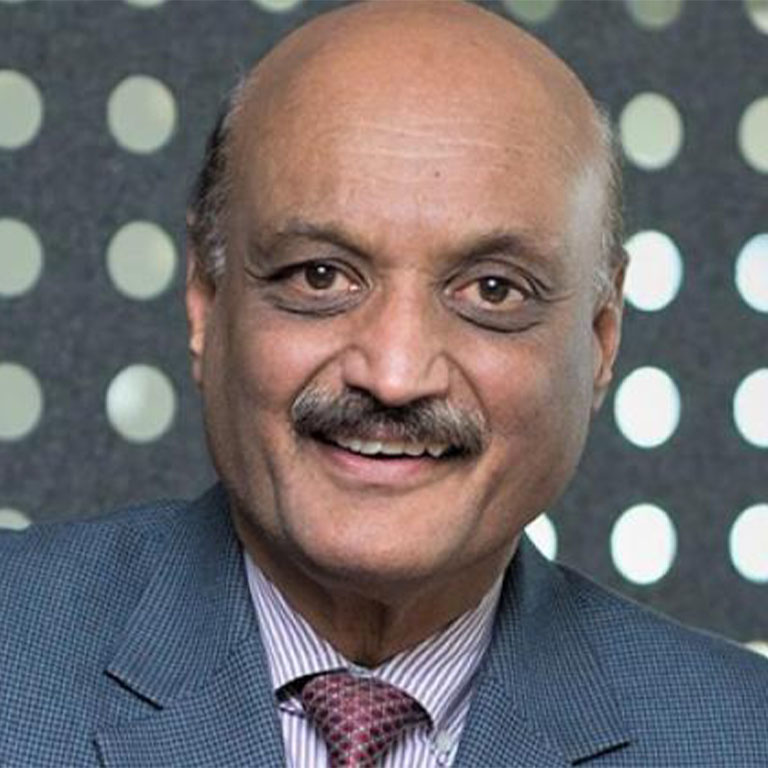
Mr. Pant was part of the “The Future of Education at MIT” team, created by the MIT President, and contributed specifically to the work of the subcommittee that was responsible for “opening the doors of MIT to the world”. Building on Mr. Pant’s initiative, whose objective was to expand globally, MIT Professional Education offers short programs in an increasing number of regions in Asia, Latin America, the Middle East, and Europe. Prior to joining MIT, Mr. Pant held important leadership positions in education and corporate companies around the world.
PROGRAMS: Cultural Awareness
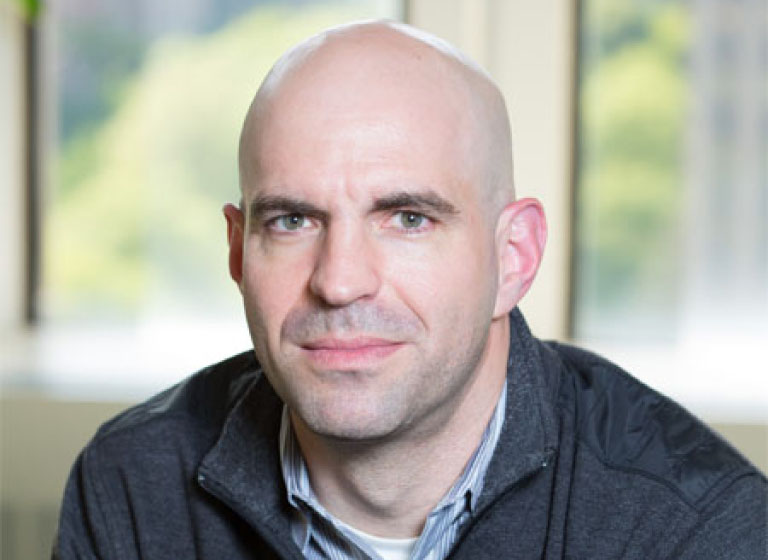
Dr. Anthony´s research revolves around the design of instruments and techniques for measuring and controlling complex physical systems and includes the development of instruments and measurement solutions for manufacturing, medical diagnostics, and imaging diagnostics. In addition to his academic work, he has extensive experience in market-driven technological innovation, product development and entrepreneurship, and marketing at the point where information technology and advanced manufacturing come into contact. As a teacher, his main interests are the modeling of large-scale systems in a variety of areas involving decision making and the development of optimization algorithms and software useful for analyzing and designing these types of systems. He is an expert in market-driven technological innovations, as well as in entrepreneurship.
PROGRAMS: Industrial Internet of Things · Smart Manufacturing
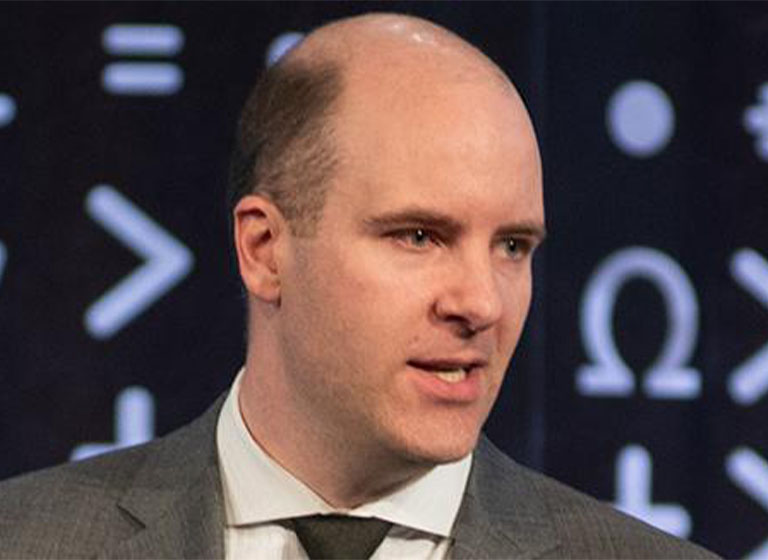
Dr. Cameron teaches the subject of System Architecture for the “System Design and Management”, where he has trained over 500 students. Dr. Cameron´s teaching at Sloan Executive Education has been rated as the highest level of Executive Education program at MIT for several years. In addition, he is the Faculty Director of MIT´s online certificate “Architecture and System Engineering”, which has trained more than 5,300 participants.
PROGRAMS: Designing Product Families
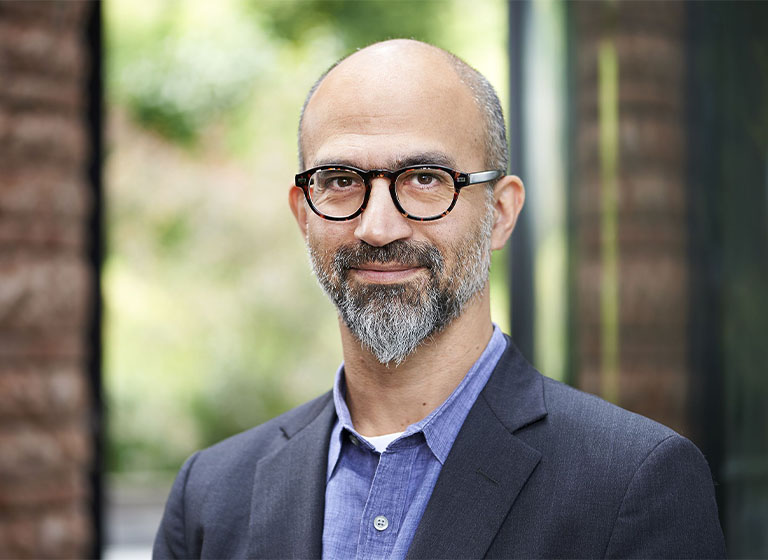
His work in sustainability began with research regarding materials for high performance buildings, low energy residence, and urbanization.
He founded the MIT Urban Metabolism Group in order to focus his research on the resource intensity of cities as well as on design and technology pathways for future urbanization, taking part in projects across four continents.
Being an entrepreneur, John E Fernández is also a member of more than 15 organizations, groups, or task forces, the most prestigious of which being his role on the Board of Directors of the Building Envelope Technology and Environmental Council of the National Institute of Building Science; New Ecology, Inc; and the Center for Sustainable Energy of the Fraunhofer Institute.
He is also a proud author of two books and numerous articles in scientific and design journals, as well as a speaker for conferences and symposia around the world.
PROGRAMS: Sustainability
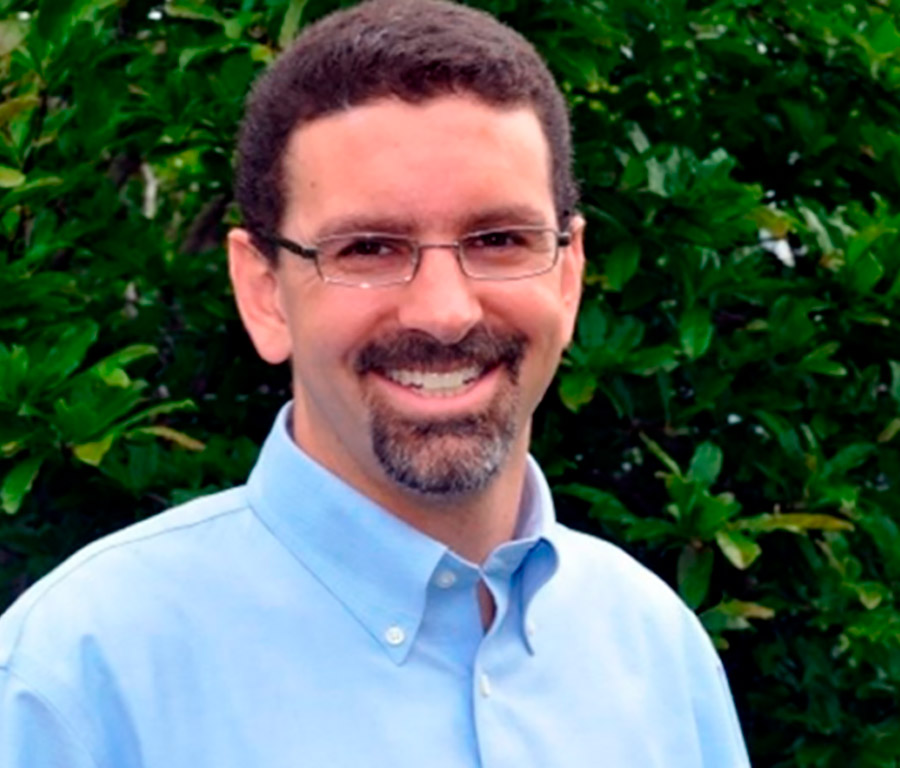
Research topics include product and firm environmental foot-printing, manufacturing and life-cycle cost analysis, and characterization of sustainable material systems. He has applied these methods, often with industry partners, to a range of products and industries, including pavements, buildings, automobiles, electronics, consumer goods, and waste treatment and recovery. Gregory earned a BS in mechanical engineering from Montana State University, and an MS and PhD in mechanical engineering from MIT.
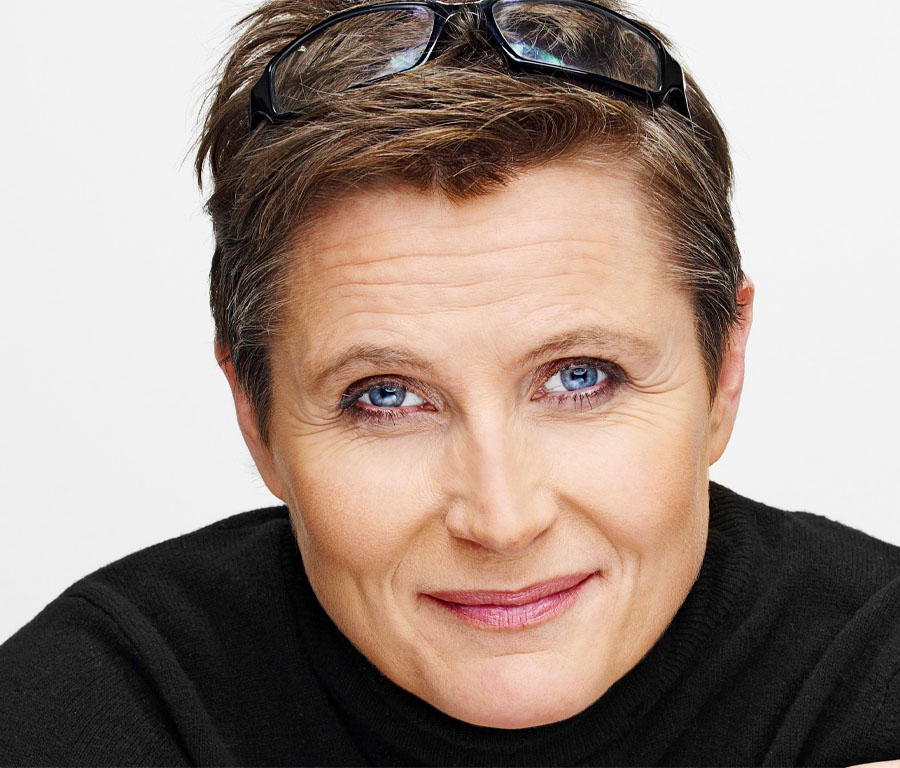
In 2006, she published the book Service Leadership—The Quest for Competitive Advantage, along with Judith Strother. She received her Ph.D. in Industrial Relations from the London School of Economics and Political Science, where her major focus was on service orientation and management. She also holds an MSc in Technical and Professional Communication from Florida Institute of Technology.
- Prof. Gronfeldt received her Ph.D. in Industrial Relations from LSE.
- She has been a member of the Board of Directors at Össur since 2008.
- She published the book Service Leadership—The Quest for Competitive Advantage, along with Judith Strother in 2006.
PROGRAMS: Designing High Impact Solutions with MITdesignX
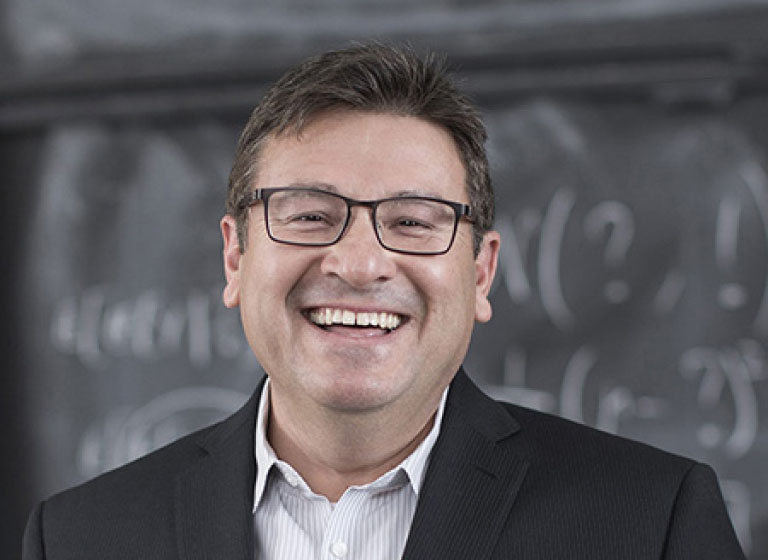
A former professor of management, Dr. Niño has published works on leadership, ethics, corporate culture, and the development of professional management skills. He has conducted research in cutting-edge technology environments and is currently interested in researching how leadership develops among engineers and in engineering organizations. Dr. Niño has taught leadership since 1998 at the undergraduate, master’s, doctoral, and executive/professional levels.
He is currently a founding officer of the Leadership Development Division of the American Society for Engineering Education and advises professionals and executives on leadership and development issues.
He holds a PhD in management from the University of Texas, Austin, where he also studied for his Bachelor of Arts, Bachelor of Business Administration, and Master of Arts.
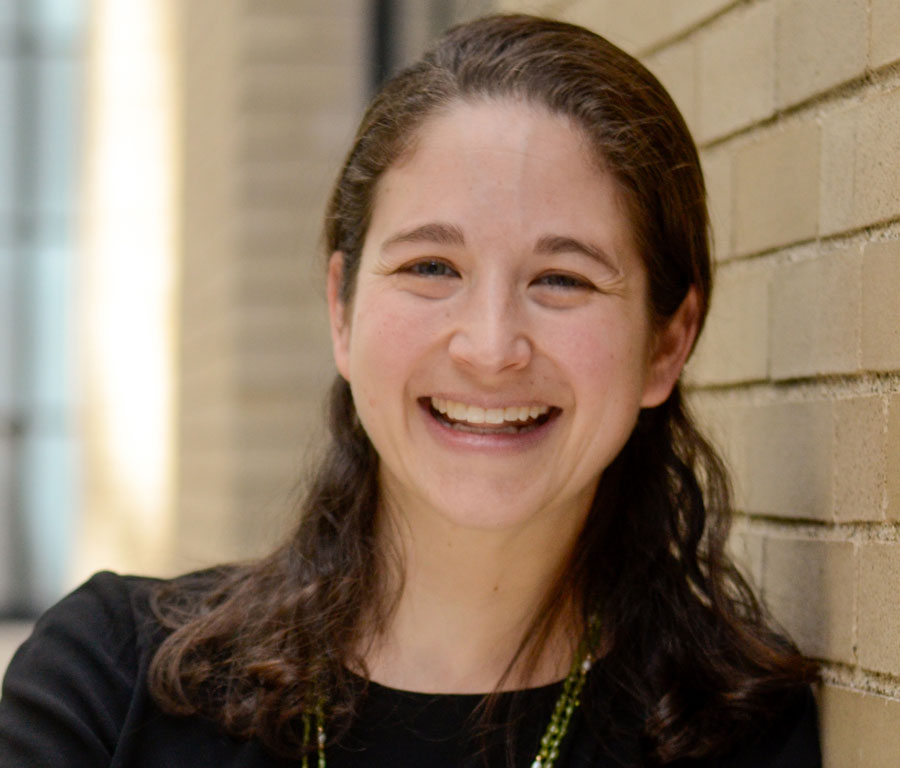
Her interests span three levels of materials production: operational-level, industrial network-level and market-level strategies. She is focused on two areas with the potential for significant environmental benefits: improving the sustainability of materials through increased use of recycled and renewable materials, recycling-friendly material design, and intelligent waste disposition; and understanding the implications of substitution, dematerialization, and waste mining on materials markets.
Olivetti earned a BS in engineering science from the University of Virginia, and a Ph.D. in materials science and engineering from MIT.
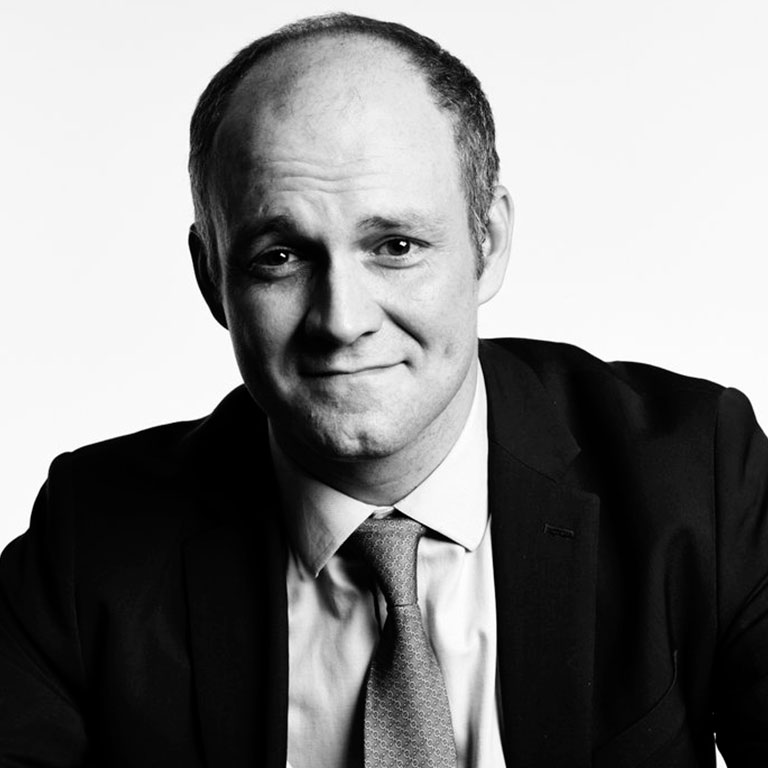
Currently, Perez-Breva directs the MIT Innovation Teams (iTeams) Program, MIT’s flagship, hands-on innovation program operated jointly by the Institute’s School of Engineering and the Sloan School of Management. During his tenure, iTeams has shepherded more than 170 MIT technologies to discover a path to impact. Perez-Breva co-led the Innovation Pillar of the MIT Skoltech Initiative and collaborates with MIT’s innovation initiatives in Portugal, Singapore, and Abu Dhabi. He has taught innovating as a skill worldwide to professionals and students from all disciplines and has gotten them started on innovating from any basis: hunches, real-world problems, engineering problem sets, and research breakthroughs.
Perez-Breva is a serial innovator with achievements in emergency cell phone location technologies currently deployed worldwide and a fully automated portfolio allocation and trading system. As an innovator and entrepreneur, he has also worked on genetics and healthcare intelligence, and has developed several non-profit organizations, including building a new university centered around innovation. He has numerous stories to share from his trial-anderror adventures to conceive artificial intelligence technologies that tackle real-world problems and drive them to market.
Perez-Breva holds degrees in chemical engineering, physics, business, and artificial intelligence from universities in Spain (Institut Quimic de Sarrià), France (Ecole Normale Supérieure), and the United States (Massachusetts Institute of Technology). In 2011, his career achievements were recognized with the Order of Civil Merit of the Kingdom of Spain. In 2011, the Government of Spain recognized his career achievements with the Order of Civil Merit of the Kingdom of Spain.
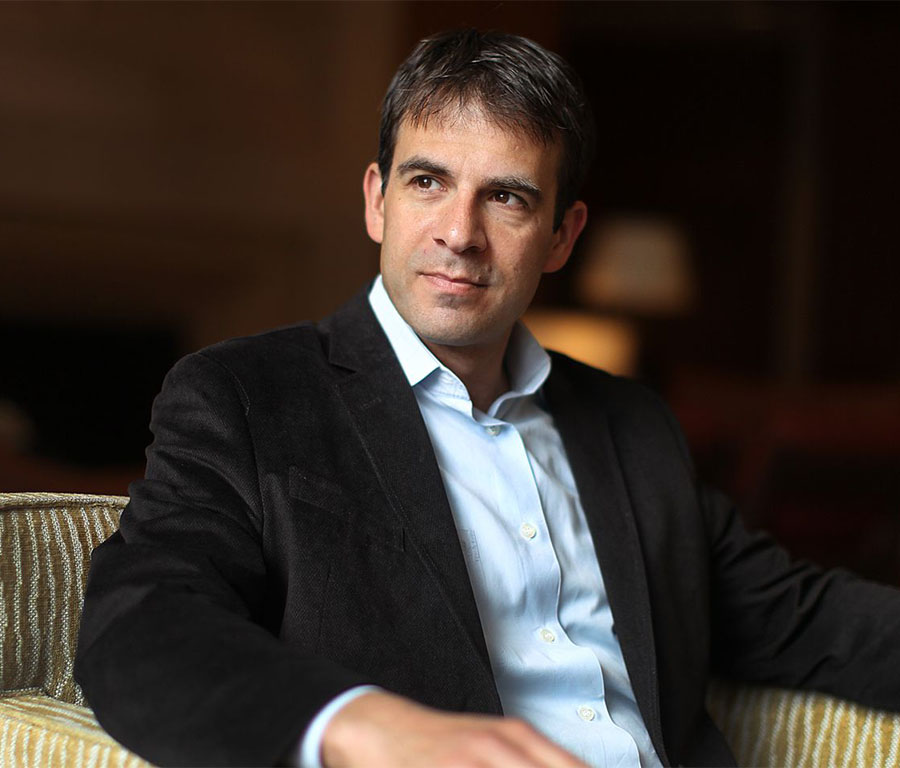
- Rosenzweig is a graduate of MIT’s Department of Urban Studies and Planning.
- He has vast experience in community development, urban tech, and design.
- He created Smarter in the City, an accelerator for high-tech startups in underrepresented communities.
PROGRAMS: Designing High Impact Solutions with MITdesignX
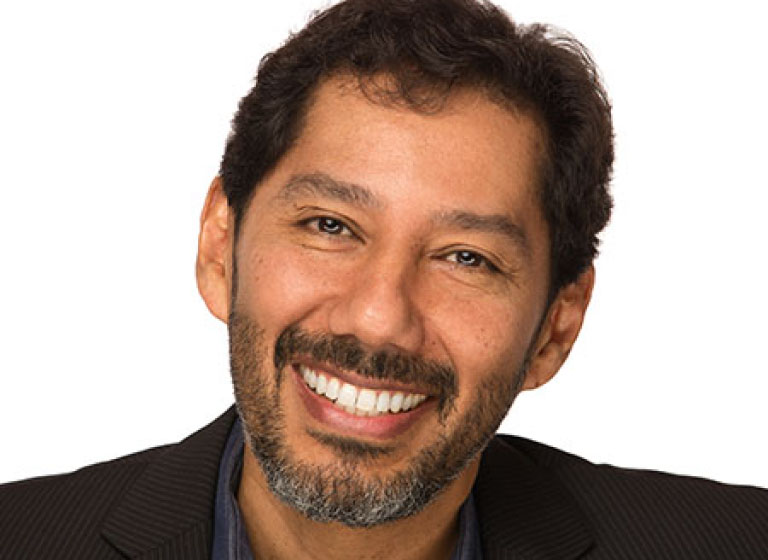
Dr. Abel Sanchez holds a PhD from the Massachusetts Institute of Technology (MIT) and teaches MIT courses in cyber security, engineering, blockchain and data science. He has been involved in developing educational software for Microsoft and establishing the Accenture Technology Academy. He has produced over 150 educational videos, has 10 years of experience with learning management systems and has made deployments in the Americas, Asia and Europe.
PROGRAMS: Digital Transformation · Cloud & DevOps · Blockchain
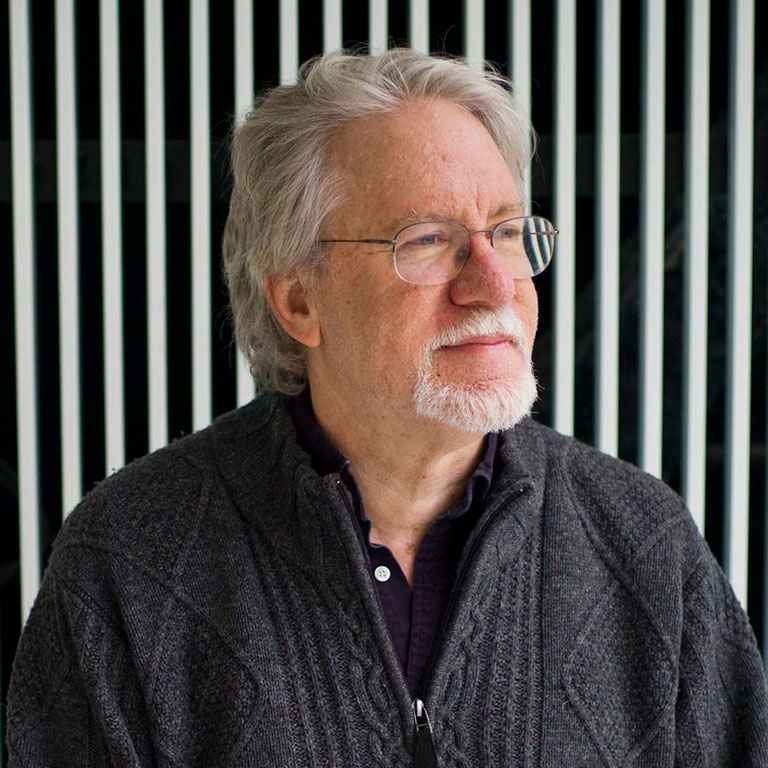
He has served as editor of Argumentation and Advocacy and received the Douglas W. Ehninger Distinguished Rhetorical Scholar Award in 2000, as well as the Rhetorical and Communication Theory Distinguished Scholar Award in 2006. He was named a National Communication Association Distinguished Scholar in 2009 and in 2016 won the NCA’s Charles H. Woolbert Award for research that has stood the test of time and stimulated conceptualizations of communication phenomena.
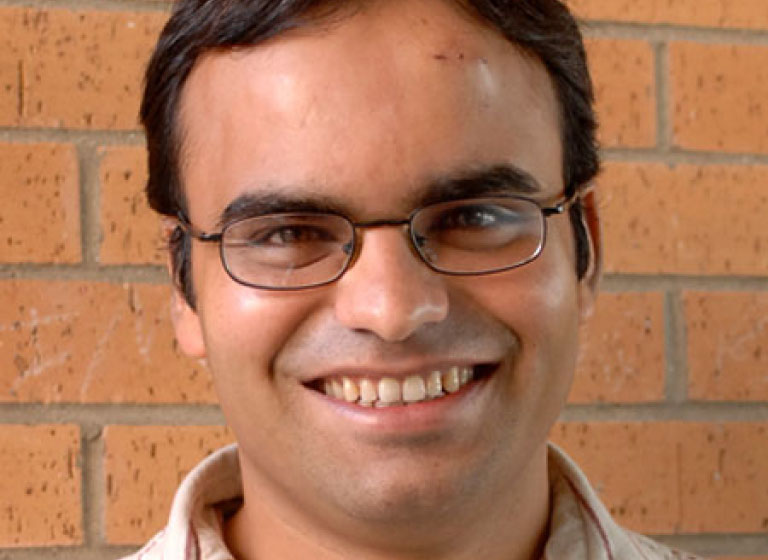
His current research interest is in developing large-scale machine learning algorithms for unstructured data, with particular interest in social data. He has made contributions to the development of “gossip” protocols and “message-passing” algorithms for statistical inference that have been pillars of modern distributed data processing systems.
He cofounded Celect, Inc., which has been part of Nike since 2019. In 2019, he cofounded Ikigai Labs with the mission of building self-driving organizations by empowering data business operators to make data-driven decisions with the ease of spreadsheets.
His work has been covered in popular press including The New York Times, Forbes, and Wired, and he has written several award-winning papers in machine learning, operations research, and computer science. He has also been awarded the 2010 Erlang prize from the INFORMS Applied Probability Society.
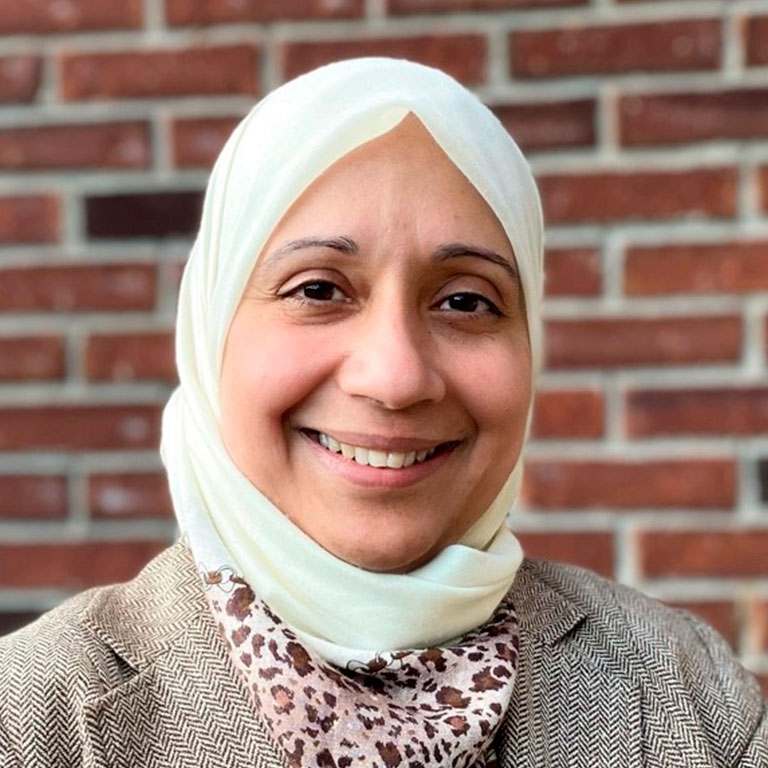
Siddiqi earned her S.B. in mechanical engineering, S.M. in aeronautics and astronautics, and Ph.D. in aerospace systems, all from MIT.
She received the Rene H. Miller Prize in Systems Engineering and was a recipient of the Amelia Earhart and Richard D. Dupont fellowships.
Siddiqi has co-authored one book and over 90 publications in some of the world’s foremost technical and scientific journals.
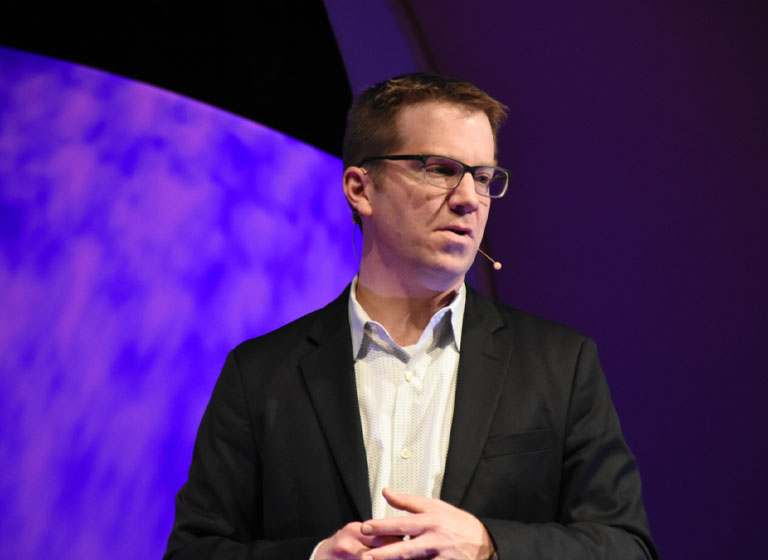
He has worked with more than 30 different companies to apply his methods of product line improvement and product development practices. He helped establish and manage the Product Platform group on LinkedIn.
PROGRAMS: Designing Product Families
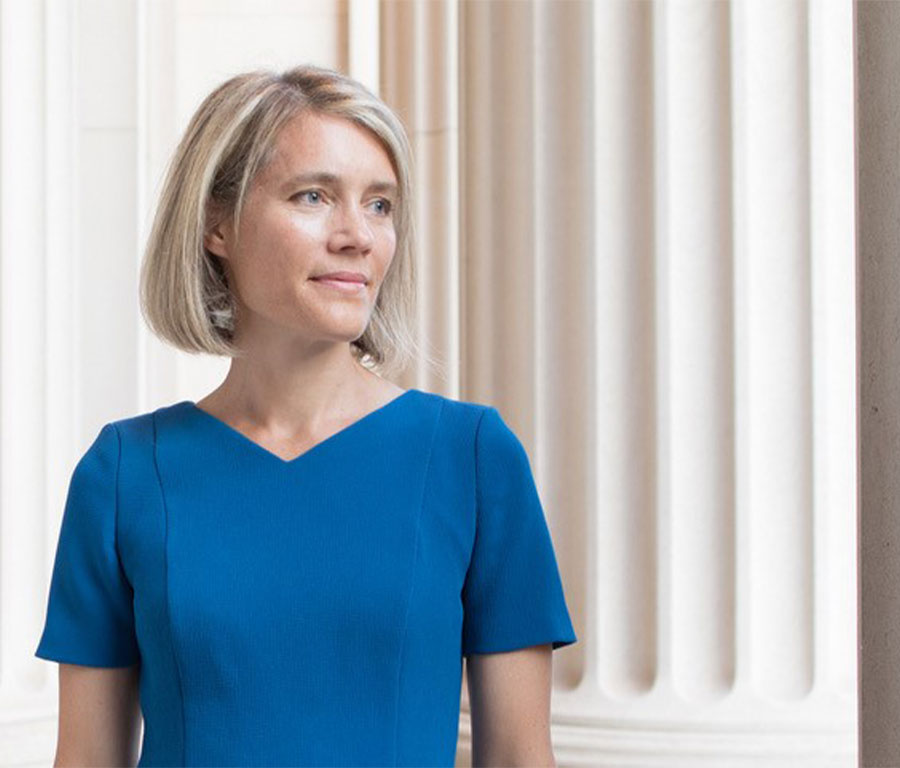
PROGRAMS: Data-driven Frameworks and Theory
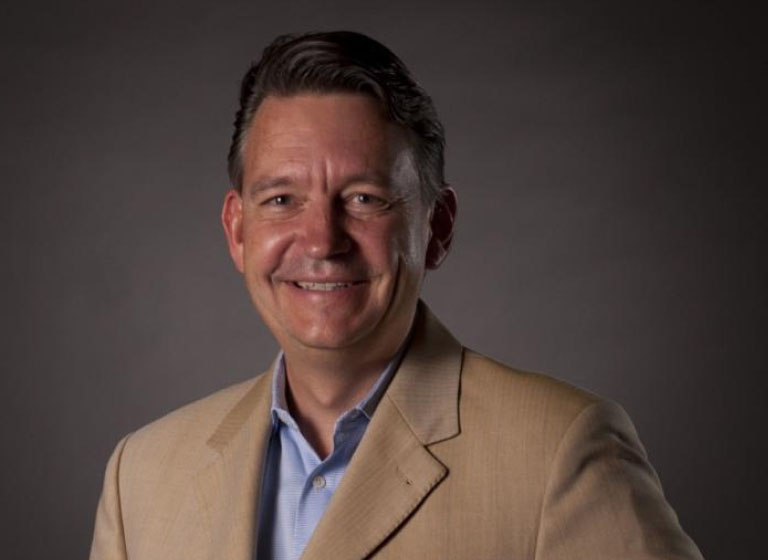
Professor De Weck is a leader in systems engineering research. He focuses on the design of complex man-made systems, such as aircraft, spacecraft, cars, printers and critical infrastructure, and on their evolution. His main focus is on strategic properties that have the potential to maximize life cycle value. Since 2001, his group has developed new methods and quantitative tools that explicitly consider production, flexibility, common features and sustainability, among other characteristics. Professor De Weck’s teaching emphasizes excellence, innovation, and the combination of theory and practice.
PROGRAMS: Designing Product Families · Management of Technology
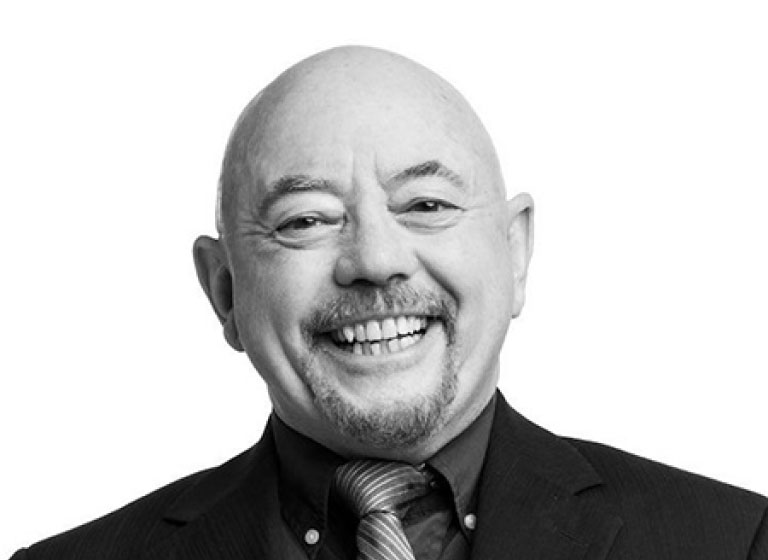
He is author and coauthor of more than 250 articles in journals and conferences. Professor Williams teaches courses on the basics of programming, modern software development, the architecture of web, cloud and blockchain systems. In addition, he holds a BSc in Physics from Oxford University, an MSc in Physics from UCLA, and a PhD from the University of Swansea.
PROGRAMS: Digital Transformation · Cloud & DevOps · Blockchain